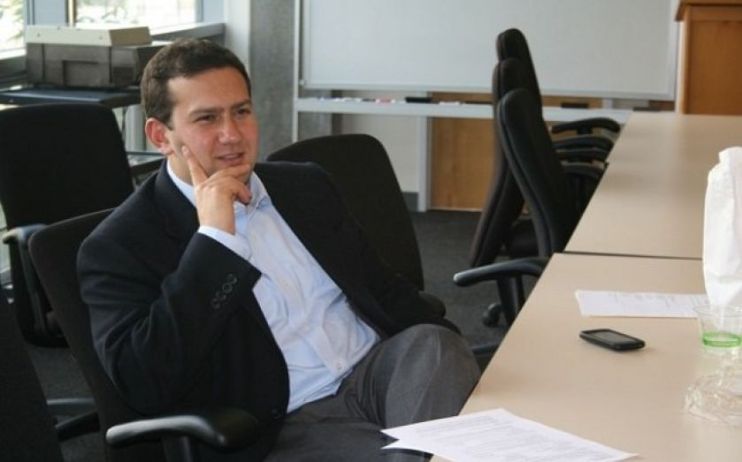How to handle “Do you have any questions?” in a job interview

“So do you have any questions for us?”
This is not a polite way to end the interview and usher you out of the room quickly before they cross you off their list. It is another interview question and should be treated as such. It is also a huge chance to move from defensive “I” answers and to move into inter-winning “we” territory.
You also may be able to remind them of something relevant and differentiating you have already told them (like an uncommon foreign language skill – “I understand from the CEO’s AGM speech that you are expanding your operations in Asia. I speak fluent Mandarin and worked in China for four years – will you be looking at the Chinese market?”), or to add something you missed out. Even if you are in a panic and just want to run out of the room and hide, DO NOT waste this opportunity by shrugging off this common interview question, or by explaining politely that you feel that all your queries have already been answered.
This is your chance to demonstrate that you have thought and processed what has been discussed, to show that you have done your research and to demonstrate your determination and interest in the position. This is also an opportunity to learn more about the technical and people aspects of the role and whether you feel that you will be a good fit for the position.
Deciding what to ask your interviewer is not easy, and you have to be able to think while talking. New questions may arise during the interview as the interviewer goes into more depth about the job or the company or their own career. You have to be alert to the opening of a theme that you can follow up that sets you apart from the competition – staying alert for opportunities is key. Of course, some questions you had primed and ready may have already been answered in the interview – don’t ask them again!
Don’t ask “I” or “me, me, me” questions about salary, perks or benefits. You want them to be thinking about you as part of their team – as we – so why would you ask “I” questions? The questions should be open, forward-thinking, and focused on the future of the company – ideally with you involved. By asking about the future, the interviewer goes from talking about ‘you’ and begins talking about ‘we.’ Automatically you begin to sound part of the team. The interviewer, whether consciously or not, begins to picture you working for the company. If they reply to a “we” question that includes you and the company with a “we” answer, you have made a positive impact and are probably on the short list.
The top five things to ask a prospective employer:
1. What do you think are the greatest threats/opportunities for the company in the future? How will the company avoid the former and profit from the latter? This type of question is especially important at a senior level. They may have already asked you this during the interview – turning it back on them and showing an interest in the success of the company is a no-brainer.
2. Where is the company looking to expand geographically or in terms of sectors? What do you see as the biggest new trends within the industry? If you can tie this question into existing skills or experience or contacts, you have this could work well for you. Start-ups and high growth industries are particularly keen on people who want to contribute to their growth.
3. What opportunities are there to develop within the company? Being able to develop within the company could include training and professional qualifications, promotion and self-improvement as well as international placements and interdepartmental transfers. It is good to show that you want to grow with the company as opposed to it being just a job.
4. How will you measure how well I am doing in the job? Understanding how to do the job, and how to do it well and how THEY want it done is vital. Without this clarity, career progression can be difficult.
5. Could you give me an example of a project I’ll be working on? By far the most important question you need to ask yourself is, do you want the job? After looking for a new job for a long time, you may like the idea of a job more than you like this particular job. Considering the sort of projects you will be working on will allow you to reflect on whether you really want this job or not but also shows an enthusiasm to getting started.